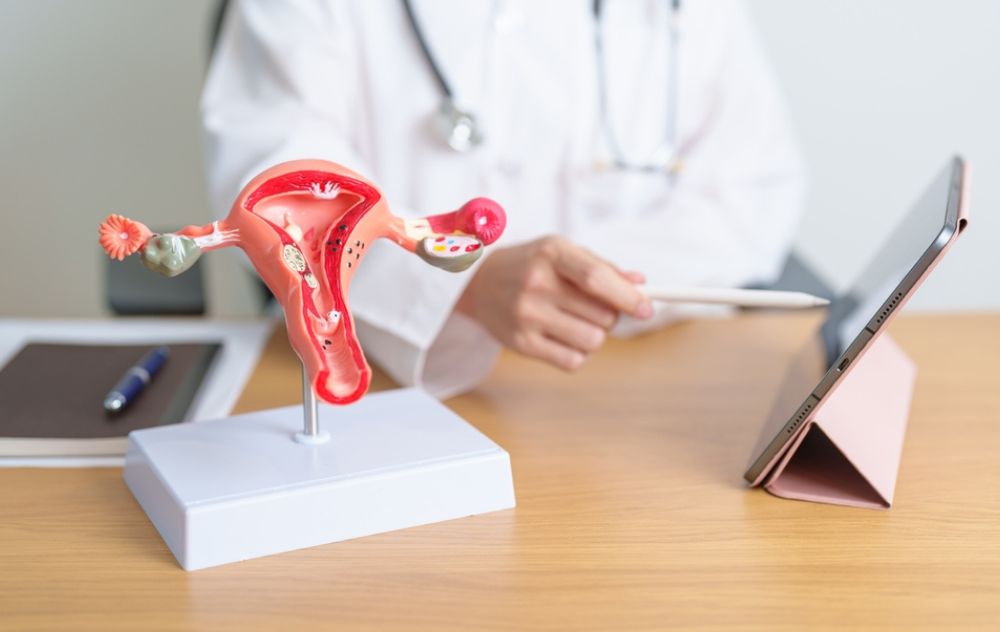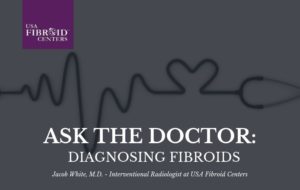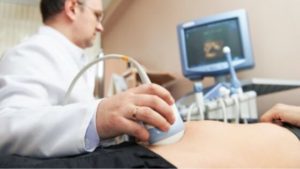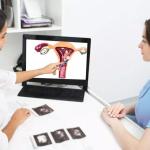
When dealing with uterine fibroids, finding the right specialist who can provide expert care tailored to your needs can be a difference maker. But what exactly is a fibroid doctor called? Depending on the type of treatment you’re seeking, a fibroid doctor may be an interventional radiologist or a gynecologist. These specialists play unique roles in diagnosing and treating fibroids, offering options ranging from advanced, minimally invasive procedures to traditional surgical methods. Understanding their expertise can help you make an informed decision.
Which Doctor is Best for Fibroids?
If you suffer from the effects of fibroids, you may be wondering what type of doctor can help. A fibroid doctor or fibroid specialist can be an interventional radiologists who receive additional training in the treatment of uterine fibroids. Interventional radiology is a sub-specialty of radiology, and it involves using real-time guidance from medical imaging like X-ray fluoroscopy, ultrasound, and MRI to perform minimally invasive procedures.
An interventional radiologist can target and treat a range of health conditions, including:
- Uterine fibroids
- Adenomyosis
- Cancerous tumors
- Blood clots
- Peripheral artery disease
- Varicose veins
When fibroid symptoms begin to affect your career, relationships, or self-esteem, treatment is usually recommended. Ultimately, the best doctor for fibroids is a physician that offers you the best treatment plan for your individual diagnosis.
Schedule a Consultation With A Fibroid Doctor
Uterine Fibroid Doctor
When looking for a specialist to diagnose and treat uterine fibroids, consider the following types of doctors:
- Gynecologist (OB/GYN): A primary specialist for uterine fibroids. Gynecologists diagnose, manage, and treat fibroids, offering both medical and surgical options. They can perform surgeries like myomectomy or hysterectomy.
- Interventional Radiologist: These doctors specialize in minimally invasive treatments, such as uterine fibroid embolization (UFE), a procedure that shrinks fibroids by cutting off their blood supply.
- Reproductive Endocrinologist: For women dealing with infertility related to fibroids, reproductive endocrinologists offer specialized care to manage fibroids and improve fertility outcomes.
- Gynecologic Oncologist: Although their primary focus is on cancers of the female reproductive system, they may be involved in cases where there is a suspicion of malignancy in fibroid growths.
Finding a Fibroid Doctor
- Referrals: Start by asking your primary care doctor or gynecologist for a referral to a specialist.
- Research: Look up specialists in your area through reputable medical websites or directories such as the American College of Obstetricians and Gynecologists (ACOG) or the Society of Interventional Radiology (SIR).
- Hospitals and Clinics: Many hospitals and women’s health clinics have dedicated fibroid treatment centers or can refer you to experienced specialists.
- Reviews and Credentials: Check the doctor’s credentials, patient reviews, and ratings to ensure you choose a well-regarded specialist.
What Type of Doctor Performs Uterine Fibroid Embolization?
Uterine Fibroid Embolization (or also called Uterine Artery Embolization) doctors are interventional radiologists who specialize in performing this minimally invasive, effective fibroid treatment.
Interventional radiologists are among the best specialists for UFE. They are highly trained in image-guided procedures, which is essential for performing UFE. During UFE, a small catheter is inserted into the femoral artery in the groin and guided to the arteries that supply blood to the uterus. Once there, the interventional radiologist uses specialized tools to deliver tiny particles that block the blood supply to the fibroids. Without a doubt, the ability to perform image-guided procedures is crucial to the success of UFE, and interventional radiologists are experts in this area.
Another reason why interventional radiologists are great fibroid specialists for UFE is that they have extensive knowledge of the vascular system. Understanding the blood vessels and how they supply blood to the uterus is essential in performing UFE. Interventional radiologists are skilled at using imaging techniques, such as ultrasound, MRI, and CT scans, to accurately map out the blood vessels in the uterus and identify the arteries that supply blood to the fibroids.
In addition to their technical expertise, interventional radiologists are also highly skilled in managing complications that can arise during UFE. While UFE is generally considered safe and effective, like any medical procedure, there is always a risk of complications. Interventional radiologists are trained to quickly recognize and manage any potential complications, such as bleeding or infection, that may arise during or after the procedure. Lastly, these fibroid specialists have a patient-centered approach to care. They understand that each patient’s situation is unique, and they take the time to listen to their patients’ concerns and answer any questions they may have. They also work closely with other healthcare providers, such as gynecologists and primary care physicians, to ensure that their patients receive comprehensive care throughout the UFE process. Their expertise in image-guided procedures, knowledge of the vascular system, ability to manage complications, and patient-centered approach to care make them an ideal choice for women seeking treatment for uterine fibroids.
We understand that making the decision to receive fibroid treatment can be daunting. At USA Fibroid Centers, our fibroid specialists are available to walk you through every step of the way. Rest assured that our doctors who perform Uterine Fibroid Embolization are highly skilled and experienced, along with being genuinely compassionate.
What Certifications Do Fibroid Specialists Need?
Fibroid specialists are board-certified in interventional radiology by the American Board of Medical Specialties. This means that they have earned a medical degree, completed a residency training program, received additional specialty training, and passed a rigorous certification exam.
In addition to all of our doctors being certified IRs, USA Fibroid Centers is accredited by the AAAHC, or the Accreditation Association for Ambulatory Healthcare, Inc. so patients can feel confident in the quality and safety of our service.
Request a Consultation With A USA Fibroid Centers Doctor
If you suffer from uterine fibroid symptoms, you may wish to explore non-surgical treatment options at USA Fibroid Centers. Although some women believe that a hysterectomy, the complete surgical removal of the uterus, is their only available fibroid treatment, this isn’t the case.
Our leading fibroid specialists aim to educate women on all available treatments, including both surgical and non-surgical methods.
Some of the many benefits of UFE over surgery include less risk, no hospital stay, and a shorter recovery period. After treatment, most women are back to daily activities within one to two weeks. For your convenience, we perform Uterine Fibroid Embolization treatment in dozens of locations nationwide. To discover whether you are a candidate for UFE, you can easily request a consultation online.
Our doctors look forward to helping you take back control of your life.
If you liked this article, check out others on the same topic:
Ask the Doctor: Diagnosing Uterine Fibroids
Seeing Within: Fibroid Mapping With Minimally Invasive Technology





